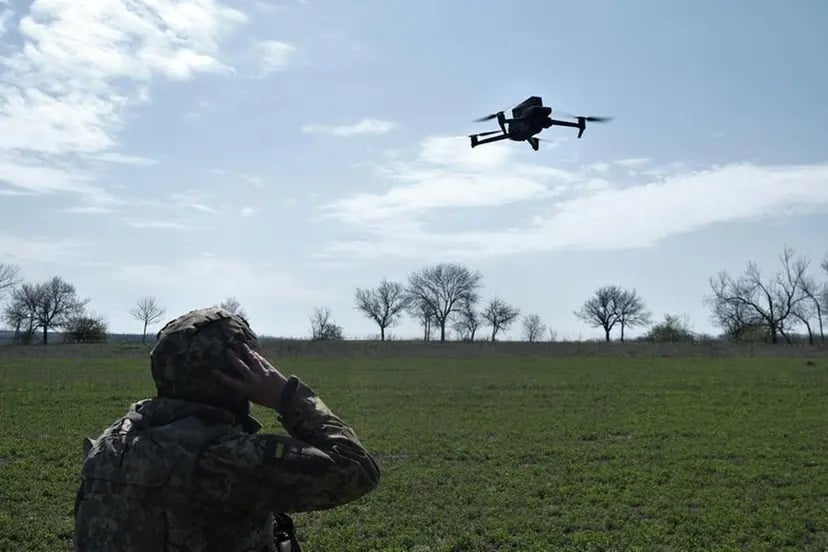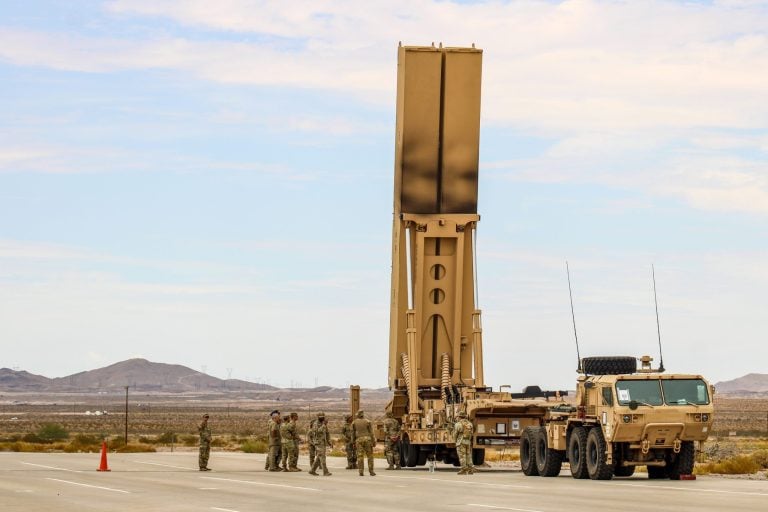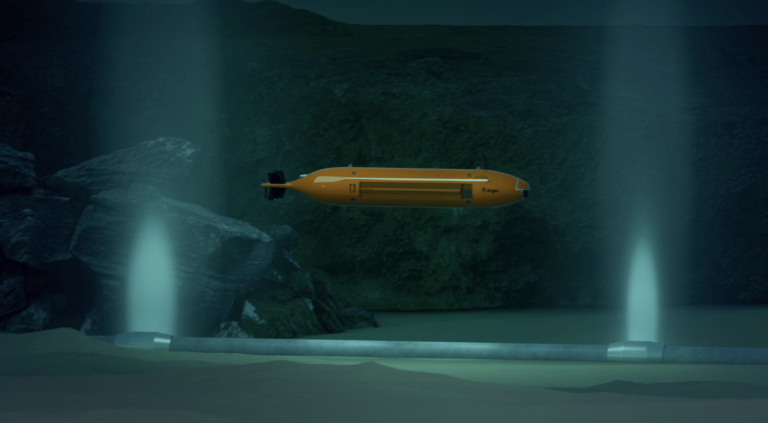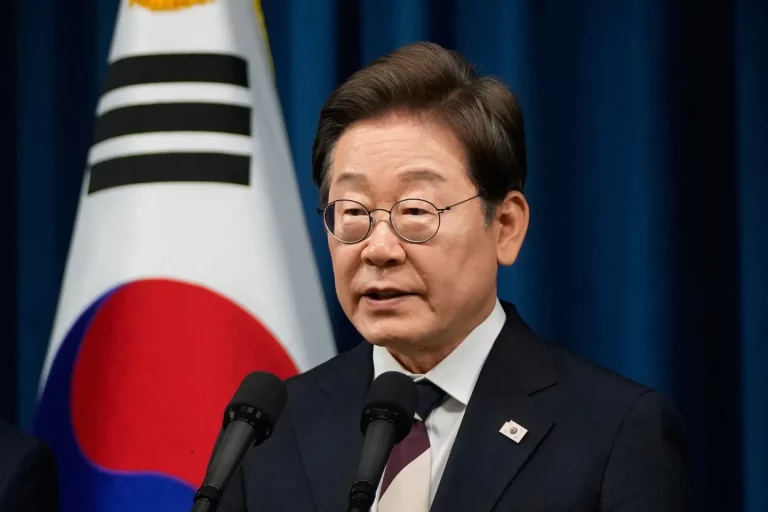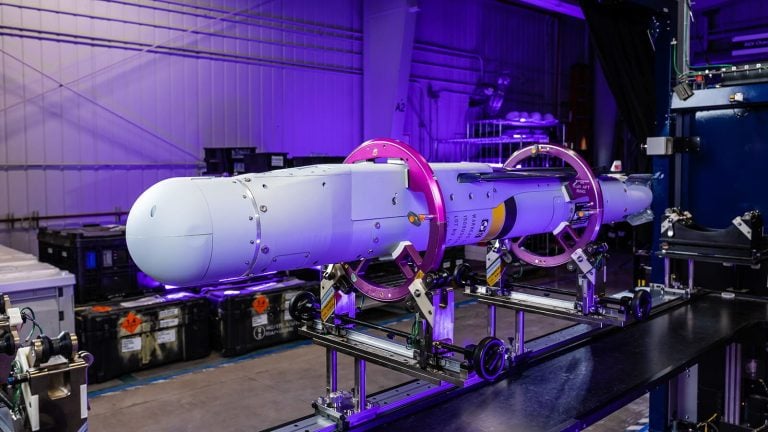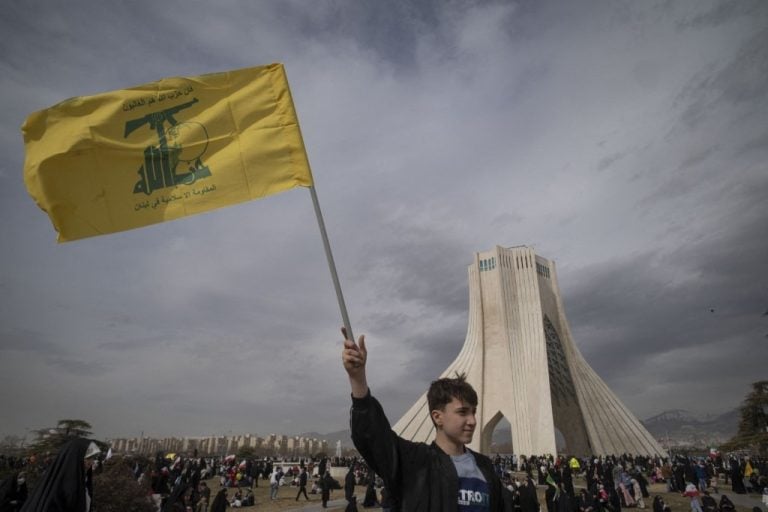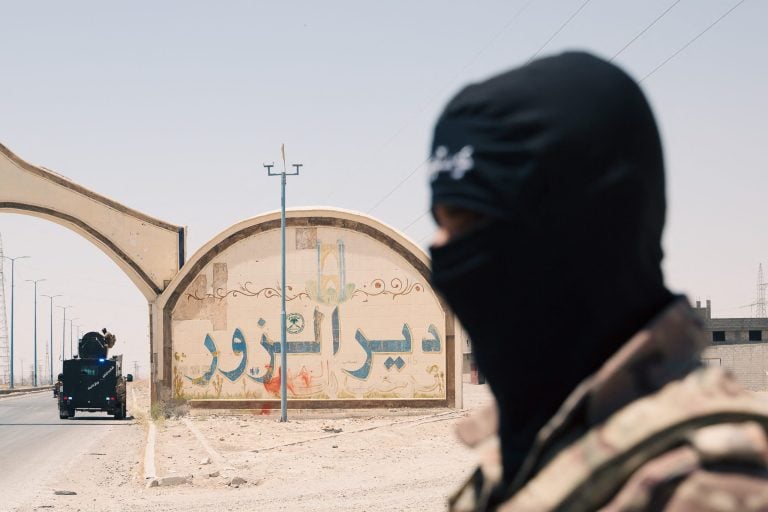UK Defence Intelligence has disclosed significant developments concerning Russia’s integration of unmanned aerial systems (UAS) training into its national education framework. According to the intelligence report, the initiative has successfully trained over 2,500 teachers, with courses actively running in more than 500 schools and 30 colleges that include hands-on practice facilities.
This educational initiative is a result of a directive from Education Minister Valery Falkov, who, in May 2024, announced an ambitious plan to cultivate one million UAS specialists by the end of the decade. The UK agency notes that this program exemplifies the Kremlin’s strategic objective to enhance its capabilities in autonomous technologies, which are becoming increasingly embedded within Russia’s military doctrine.
Furthermore, the UK Defence Intelligence has raised concerns about the implications of this educational focus, suggesting that training students in drone operations is part of a broader agenda to instill a military ethos within Russian society. Insights from the ongoing conflict in Ukraine are reportedly influencing the rapid deployment and usage of drones, reflecting lessons learned in real-time combat scenarios.
The revelations come on the heels of Russian President Vladimir Putin’s announcement in June regarding the establishment of a dedicated branch within the armed forces for uncrewed systems. Putin emphasized that this new division is designed to ensure the swift and effective deployment and enhancement of drone capabilities, which have played a crucial role in Russia’s three-year military activity in Ukraine.
In a concurrent update, it has been reported that Moscow is exceeding its military recruitment goals, having met up to 110 percent of its monthly targets. Deputy Head of Ukraine’s military intelligence, Vadym Skibitskyi, indicated that as many as 35,000 Russian personnel are being enlisted each month. This surge helps to fulfill about two-thirds of the planned 343,000 recruits for the current year.
In a more concerning trend, recent reports have emerged detailing the Kremlin’s efforts to target children as young as 13 through various platforms such as video games, contests, and educational projects aimed at developing defense skills, particularly in UAS operations. These organizations are facilitated by the government-backed Agency for Strategic Initiatives, which endorses youth vocational and social programs.
With the ongoing developments, the implications of Russia’s educational reforms and military strategies continue to attract international attention, particularly amid the evolving dynamics of the conflict in Ukraine.
